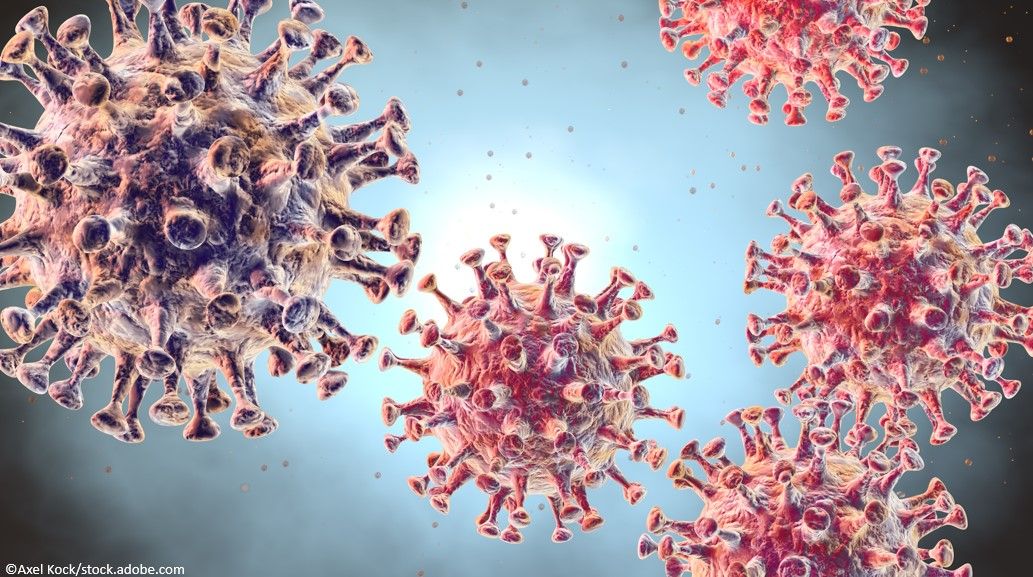
- Clinical Technology
- Adult Immunization
- Hepatology
- Pediatric Immunization
- Screening
- Psychiatry
- Allergy
- Women's Health
- Cardiology
- Pediatrics
- Dermatology
- Endocrinology
- Pain Management
- Gastroenterology
- Infectious Disease
- Obesity Medicine
- Rheumatology
- Nephrology
- Neurology
- Pulmonology
Coronavirus Variant Hits US, Threatening Further Strain on Overburdened Health Care Systems
A contagious variant of COVID-19, first reported in the UK, was recently identified in 3 US states as cases continue to rise across the country.

A variant of coronavirus disease 2019 (COVID-19) that was first identified in the United Kingdom in September 2020, has now been identified in 3 US states, threatening to further strain overburdened health care systems.
The variant—known as B.1.1.7—has been identified in California, Colorado, and Florida. A second variant, dubbed B.1.351, has been circulating in South Africa since October 2020 and has since been detected in other countries, officials from the US Centers for Disease Control and Prevention (CDC) reported at a December 30, 2020, press briefing.
“The evidence to date indicates that both newly emerging variants spread more easily and quickly than other strains. However, there is, again, no evidence that these variants cause more severe disease or increase risk of death,” said Henry Walke, MD, MPH, incident manager for the CDC’s COVID-19 response, in the briefing. “Because the variants spread more rapidly, they could lead to more cases and put even more strain on our heavily burdened health care systems.”
B.1.1.7 has several mutations that affect the spike protein on the virus surface that attaches to human cells. “It’s able to bind to the receptors on cells better, and therefore is transmitted better,” said Anthony Fauci, MD, director, National Institute of Allergy and Infectious Diseases, in a December 30, 2020, virtual discussion.
CDC officials still do not know if the SARS-CoV-2 variant identified in South Africa has spread to the US or how widely either B.1.1.7 and B.1.351 have spread in other countries. Also, the agency is still learning how these variants might respond to medication and other COVID-19 treatments, including monoclonal antibodies and convalescent plasma.
“The CDC continues its efforts to learn about these variant strains and we urge Americans to continue to take the proven, prevention steps that help us control the spread of COVID-19. These include wearing masks, staying at least six feet apart from others, avoiding crowds, ventilating indoor spaces and washing our hands often,” added Walke in the press briefing.
In addition, the CDC is planning to implement a national strain surveillance program this month that requires each state to submit at least 10 samples biweekly for sequencing.
No Rx Required for COVID-19 Vaccination But ACIP Calls for Better Informed Consent Process
September 22nd 2025The ACIP on September 19 narrowly voted against requiring a prescription to get the shot but urged more detailed discussion of vaccine risks during shared decision making conversations.
No Rx Required for COVID-19 Vaccination But ACIP Calls for Better Informed Consent Process
September 22nd 2025The ACIP on September 19 narrowly voted against requiring a prescription to get the shot but urged more detailed discussion of vaccine risks during shared decision making conversations.
2 Commerce Drive
Cranbury, NJ 08512
All rights reserved.